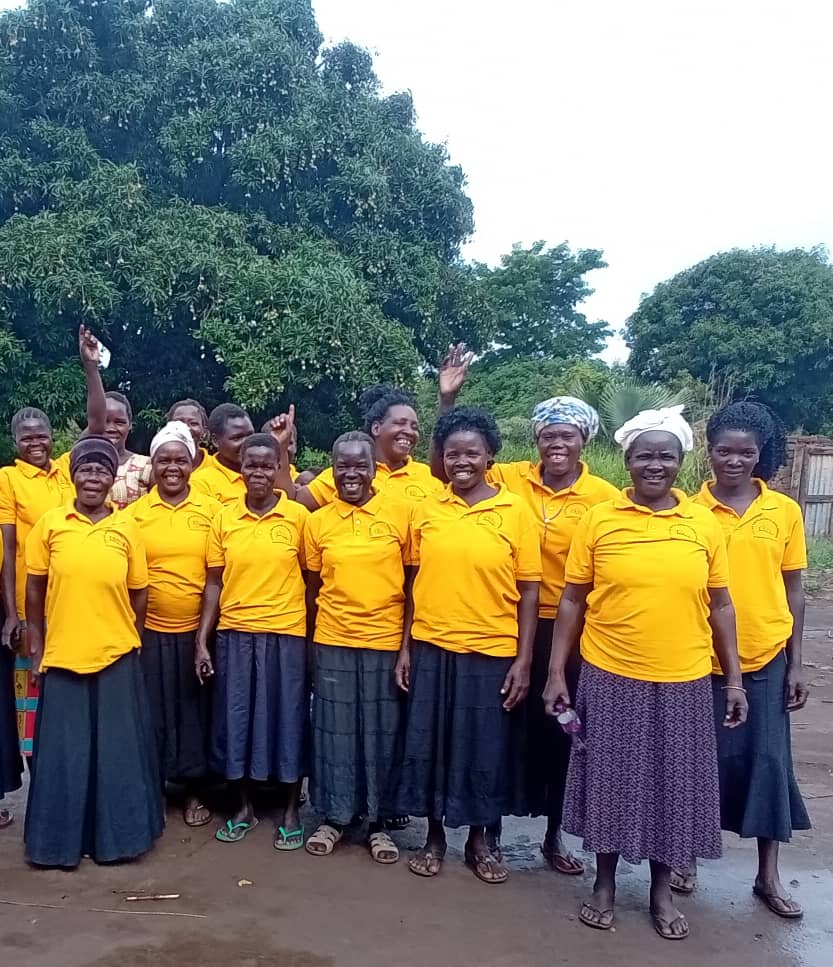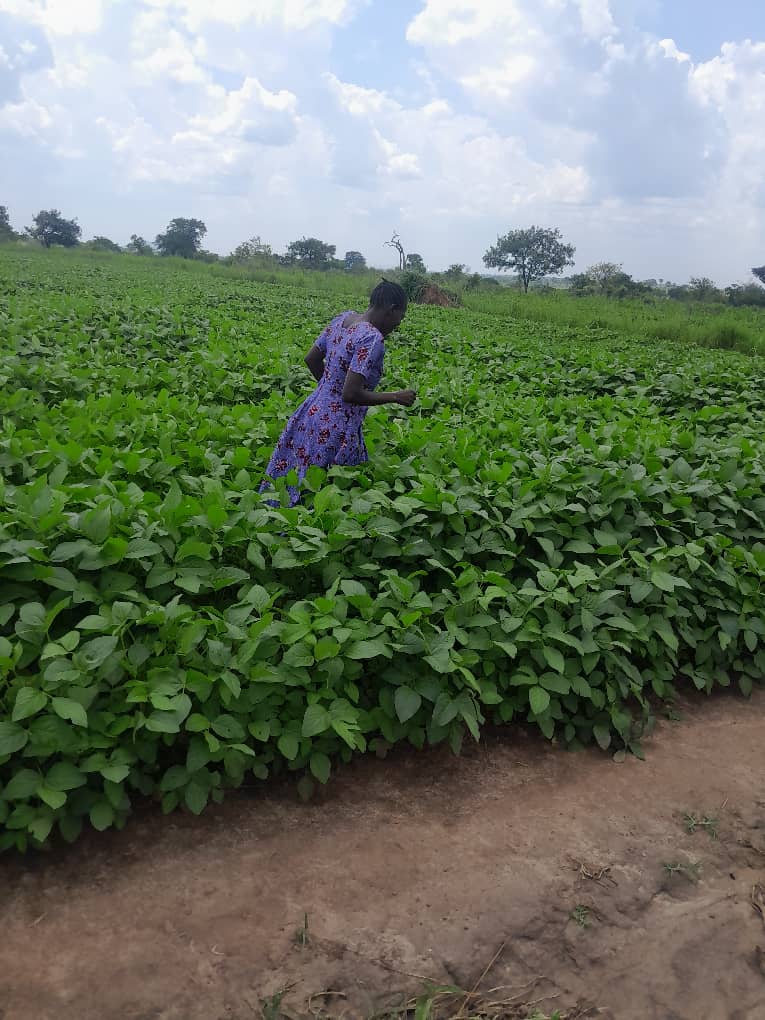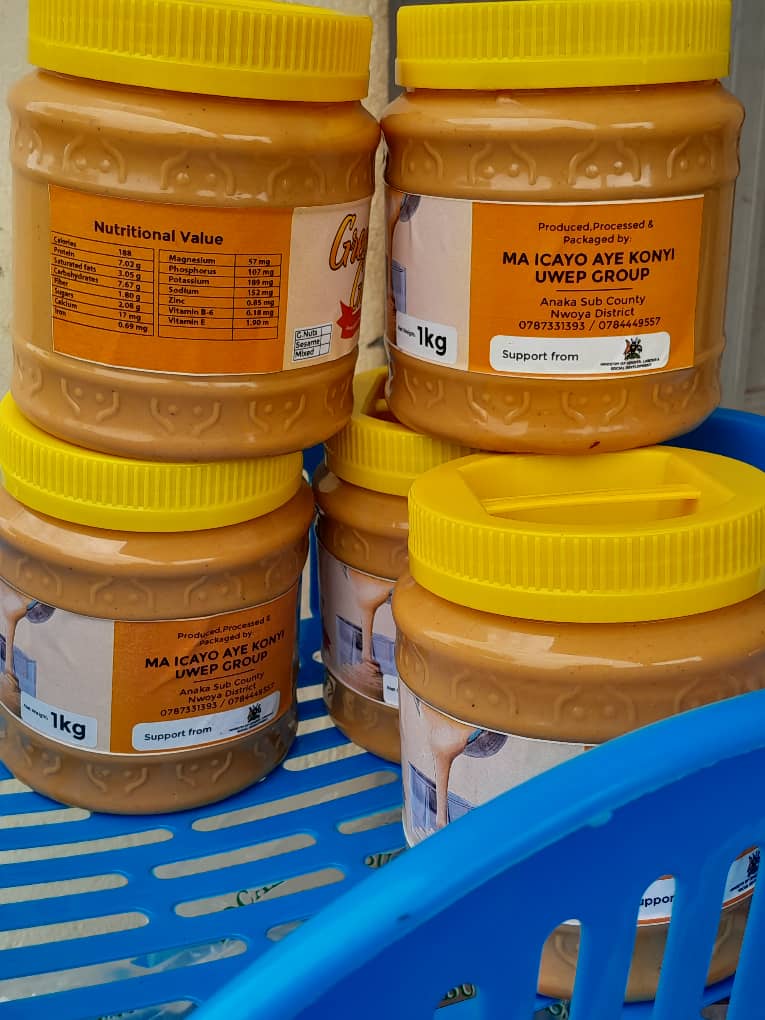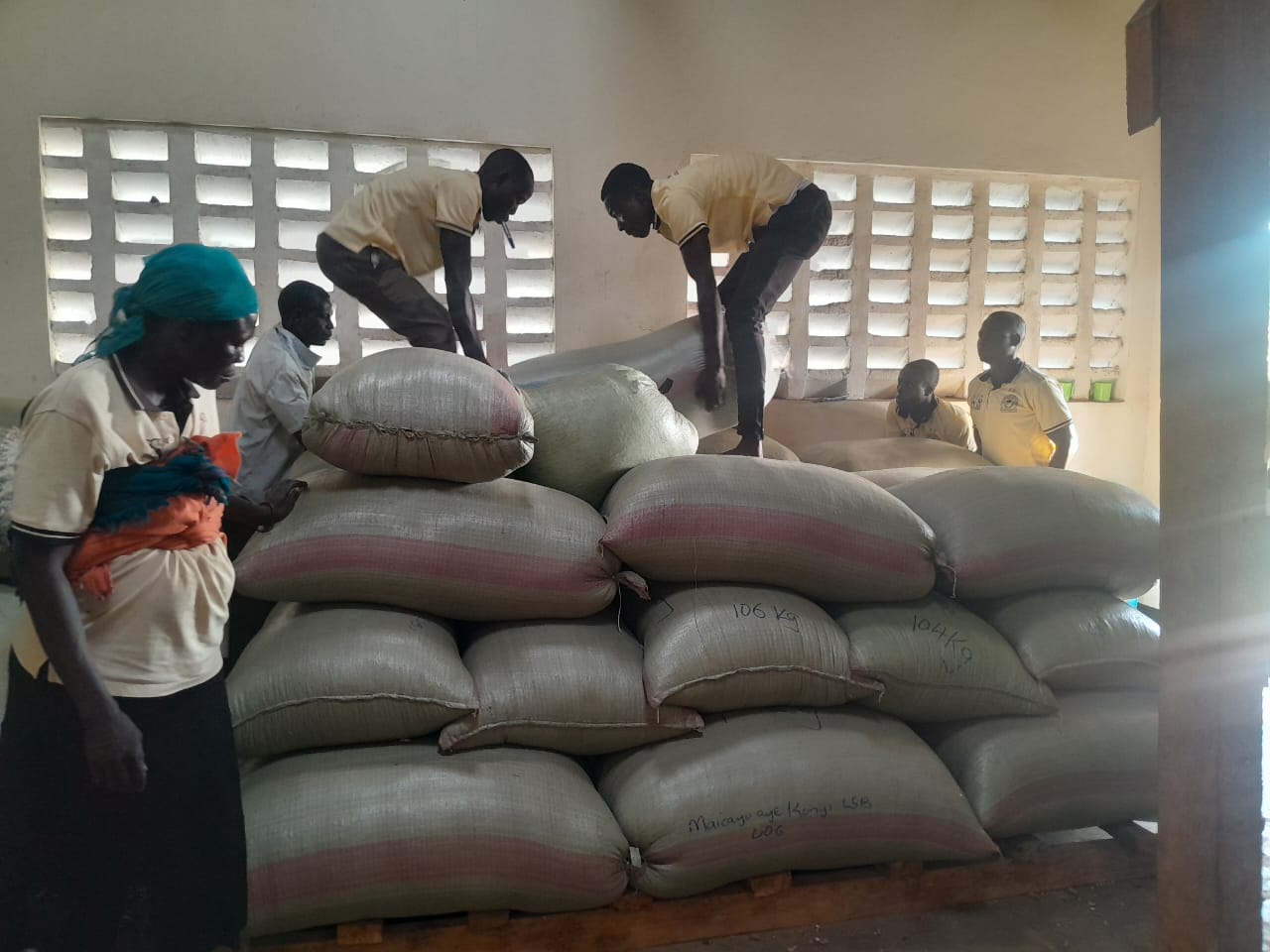UWEP
The Uganda Women Entrepreneurship Programme (UWEP) is an initiative of the Government of Uganda that is aimed at improving access to financial services for women and equipping them with skills for enterprise growth, value addition and marketing of their products and services.
UWEP, implemented as a Rolling Programme under the Ministry of Gender, Labour and Social Development (MGLSD), is intended to empower Ugandan women for economic development.
The Programme is designed to address the challenges women face in undertaking economically viable enterprises including the limited access to affordable credit, limited technical knowledge and skills for business development, limited access to markets as well as information regarding business opportunities.
The programme is envisaged to increase participation of women in business development, increase their incomes, livelihood security and overall quality of life.
Programme Goal
The overall goal of the Programme is to empower Ugandan women to improve their income levels and their contribution to economic development.
Specific Objectives;
- To strengthen the capacity of women for entrepreneurship development
- To provide affordable credit and support access to other financial services to enable women establish and grow their business enterprises
- To facilitate women’s access to markets for their products and services
- To promote access to appropriate technologies for production and value addition
- To strengthen Programme management and coordination
Programme Components
1. Capacity and Skills Development: This component takes up 15% of the total funds allocation. It focuses on upgrading needs-based skills development for women to enable them initiate and manage enterprises. Women can apply for these funds to get hands-on training in skills needed for effective implementation of their enterprises and purchase of required inputs. Through Local Governments, individuals or institutions are identified to train the women in appropriate skills.
2. Women Enterprise Fund (WEF): This component takes up 70% of the total funds allocation. Women groups are provided interest-free credit for enterprise development on a revolving fund basis. The women are required to be in groups of 10-15 members to ensure successful implementation of their priority enterprise and full repayment of the Revolving Fund.
3 Institutional Support (IS): This component accounts for 15% of the total funds allocation. It ensures effective and efficient Programme management and coordination at all levels. Under this component, beneficiary groups receive basic training in bookkeeping, teambuilding, enterprise planning and implementation, entrepreneurship/ business skills and group dynamics. In addition, business counseling is provided to the women to enable them realize their potential.
Target Population
The primary target beneficiaries of the Programme are women within the age bracket of 18-65 years. The assumption is that those beyond 65 years will be catered for under the Social Assistance Grants for Empowerment of Elderly Persons (SAGE) Programme. Since the Youth Livelihood Programme (YLP) targets young women aged 18 – 30 years (the Programme guidelines stipulate that 30% of the Youth Interest Group members should be female), the female youth already benefiting from YLP are not considered as beneficiaries for UWEP. The Programme strongly emphasizes the integration of the following categories of women into beneficiary groups:
(i) Unemployed women.
(ii) Vulnerable Groups e.g. Single young mothers, Widows and gender based Violence (GBV) survivors.
(iii) Women with Disabilities.
(iv) Women living with HIV/AIDS.
(v) Women heading households.
(vi) Women slum dwellers.
(vii) Women living in hard to reach areas, and
(viii) Ethnic minorities.
Criteria for selection of beneficiaries
The beneficiary women groups are identified and selected through a community participatory process that involves LC 1 and Women Council leaders as trusted members of the community. The selection of the women to benefit under the UWEP is undertaken by the Beneficiary Selection Committee chaired by the Sub-County Chief with members including the Chairperson of the Sub-County Women Council and the Community Development Officer. The respective LC 1 Chairpersons confirms that the selected women group members are bona fide Ugandans who reside within their respective communities (the catchment area for the group membership may be a village, parish and must not go beyond a Sub County/ Town Council/ City Division).
For purposes of continuous involvement of the women and ensuring their representation in Programme processes, the Sub-County Women Council Chairperson and the District Women Council Chairperson are co-opted onto the Sub County Technical Planning Committee (STPC) and the District Technical Planning Committee (DTPC) during the approval of the Enterprise Proposals. The STPC submits the verified Women Proposals to the Sub County Executive Committee for endorsement and thereafter to the DTPC for approval with relevant documentation. The DTPC also submits the approved Women Proposals to the District Executive Committee for endorsement to ensure that equity issues are taken care of. Districts can approve proposals to the tune of Shs12.5million while proposals exceeding Shs12.5 million to a maximum of Shs25 million are approved at the Ministry.
Terms and Conditions
(i) Zero interest for repayments made within the first twelve months (one year) and a service fee of 5% per annum for the repayments made after 12 months. The service fee is meant to cater for inflation.
(ii) No physical assets/collateral required;
(iii) Repayment period of 1-3 years, depending on the nature of the enterprise;
(iv) Each repayment schedule is based on the nature and maturity period of the enterprise;
(v) Accessible for both existing and new groups,
(vi) Formal registration of groups not a pre-condition for access (but encouraged after access of funds as part of enterprise sustainability).
Nwoya District Local Government being one of the districts in the country implementing this Project has so far received 743,220,7000 from the inception of the project benefiting 1390 women. from the amount received, 123,968,000 have been recovered and 619,252,700 yet to be recovered.
The Women enterprises mostly focused on Farming and later adding value on their projects.
some of the photos of the beneficiaries and the their value addition products.




